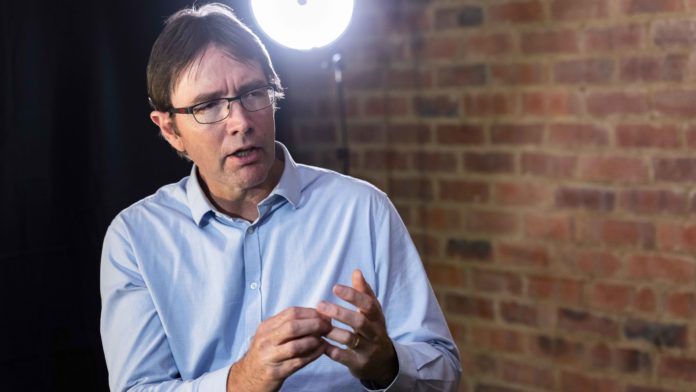
THE Minerals Council has yet to respond formally to the South African government’s draft exploration strategy and exploration implementation plans released in April, but CEO Roger Baxter today attacked the documents because of the on-going uncertainty they create.
Addressing the Junior Indaba mining conference held in Johannesburg, Baxter said a major concern with the plans was the level of “ministerial discretion” over the granting of exploration permits.
“The principle of ‘first come -first served’ in the granting of prospecting rights – provided the applicant meets the qualifying criteria – appears to have been replaced with a system of meritocracy – based on ministerial discretion. This means that rights will be granted on the basis of subjective criteria by the DMRE (Department of Mineral Resources and Energy) as opposed to a legal requirement.”
“This introduces uncertainty and will have a negative impact on investment into exploration.”
He stressed the high risk nature of junior mining exploration and said South Africa was not focused on the critical investment issues that drive greenfields exploration.
“Juniors do not give a damn about South Africa. We have to have a globally competitive exploration framework which means we have to have a transparent modern mining cadastral system and we have to have an urgent reduction in the backlog of permits from the DMRE.
“Junior mining companies cannot carry a long delay in their applications for prospecting rights. That’s a barrier.”
Baxter said the DMRE’s exploration strategy was “out of synchronisation” with the exploration implementation plan and that it “… does not find resonance with the Mineral Council’s views”.
Ministerial discretion
Baxter’s views were supported by Orion Minerals CEO, Errol Smart who told the conference that “something has to change. The (exploration) money is not coming here. The minerals are still in the ground. People have voted with their cheque books and left.”
Smart said the real problem lay with the administration of the regulations in the Minerals and Petroleum Resources Development Act (MPRDA) rather than the legislation itself.
“There is no control over ministerial discretion. Who knows what we are dealing with here. We need a book on how that discretion will be applied.”
Smart pointed out the permits that were granted frequently contained major topographic and naming errors and had to be returned into the system for corrections to be made.
“The MPRDA is not that bad but the issue is how it is being applied. We need to take the human error factor out the granting of permits.”
Smart also highlighted the uncertainty created between the public statements from DMRE minister Gwede Mantashe and the regulations being enforced by his department.
“The minister says time and again in public that there is no requirement for BEE (black economic empowerment) in exploration, but when the permits are received they include a demand for BEE in bold letters.”
‘Bunfight’ not an option
Responding to a pointed query from conference chairman Bernard Swanepoel over the Minerals Council’s perpetual optimism and conciliatory approach to government Baxter replied “… going into the public domain and having a massive bunfight is not going to solve the problem.
“The DMRE has been more transparent over the last 18 months. The minister has said publicly that SAMRAD is a disaster. The Minerals Council is saying there’s a problem and it’s your problem as well as our problem.
“We are getting our hands dirty trying to solve that problem which is better than having an antagonistic bunfight. It’s very solvable in my view. The exploration strategy is a step in the right direction.”
“South Africa is not unplayable but it is just so damn hard. We could have done three times as much as we have if it was easier. But we have come a country mile from where we were. The DMRE has acknowledged in a public document what is wrong and that it has to change.”










